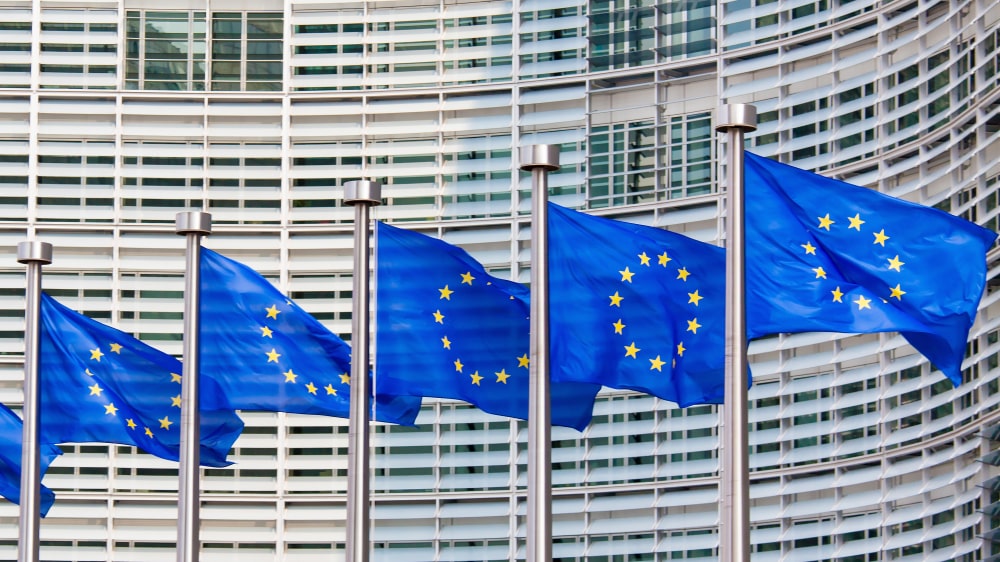
If Covid-19’s impact on health systems and economies around the globe is already quite clear, there is little we do know about its potential impact on the world’s politics afterwards.
Even though the current situation is highly likely to continue longer than first imagined, at least it is safe to affirm that the geopolitical situation in Europe has changed more than we know. Facing so many unprecedent challenges, will the European Union be able to step up and do what it is expected from it or will it damage its prestige forever?
The coronavirus outbreak is creating risks for the foreign policy of the EU on various fronts. As countries all around the globe draw their lessons and adapt their local institutions, this virus, however, is far from being a complete disaster; in fact, even though the economic impacts are already proving to be severe, the global crisis is also presenting opportunities (not to say necessities), such as a more cooperative and multilateral political environment.
But does the EU still have enough reputation to accomplish that? The media does not seem to be on their side, though. Despite the €750bn economic stimulus for the European economy announced by the European Central Bank, what really caught the media’s eye recently was the Russian and the Chinese aid to Italy – in what became another example of China’s long-term strategy of positioning itself as an alternative partner to the United States.
Furthermore, there is also a risk that Covid-19 will reinforce the most herbivorous foreign policy instincts of EU citizens and governments alike. Of course, among the most relevant lessons of the crisis will be as follows:
1) states’ healthcare systems need far more resources,
2) national economies need stimulus measures.
3) The EU needs to turn a blind eye to budget deficits.
4) all countries need to engage in greater international cooperation to preventing, limit, and combat pandemics.
However, despite all the increase in empathy in the past weeks, it is still unlikely that the world will automatically become more multilateral once the crisis passes.
Quite the opposite: the US, China and Russia are unlikely to draw the same lessons as the EU regarding the urgent need for more cooperation. For them, the world’s eventual rebound from COVID-19, such as the one already being experienced in China, is likely reinforce their Hobbesian view of the world, where the strong nation-state reigns supreme.
It is unrealistic to think that China and Russia will invest more into their healthcare at the expense of their expensive propagandas and assertive foreign policies. Furthermore, wars in Libya and Syria will not stop and autocratic regimes all around the globe will not make better use of their resources.
Although these are more global matters, the situation in Ukraine, for example, could be a golden opportunity for the EU to lead by example – or at least save its reputation by reinventing itself.
Then what could the EU do? Well, if anything, the post-coronavirus geopolitical scenario will have to be tackled with less internal solidarity than before. The current situation desperately needs true leadership, but the challenge will be to resurrect natural economies and to boost their healthcare capacities – while preserving political elasticity to promote a more geopolitical Europe. Whether this is done by establishing a more robust reserve fund to help economies, wasting less time complaining about US extraterritorial measures, confronting Russian military aggression in Donbas or finally improving Ukraine’s security, it remains to be seen how the European leaders will manage to distribute their resources. And, most importantly, how they will prioritise everything on their table.
As if all those issues were not enough, one could argue Brexit is still up in the air. Could this all, at the end of the day, be used by Boris Johnson as yet another reason why the UK is right to stay out? Or could this be a triumphant victory to increase the EU’s leverage over sceptical members? Although still too early to make predictions, the truth is that, besides all the Covid-19 obvious problems, this is a crucial moment for the EU to save their reputation.